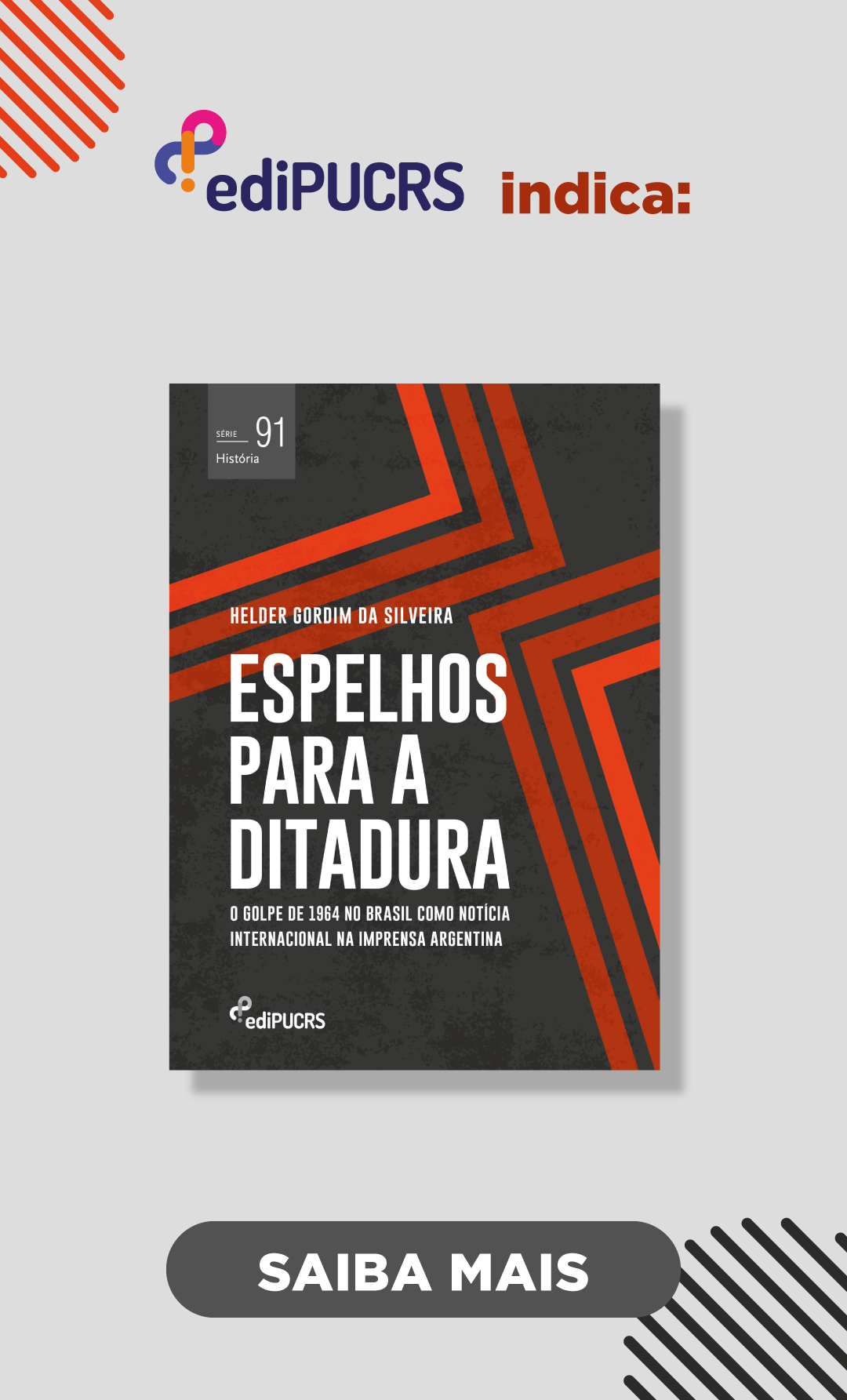Concepts other: things and the Ontological Turn
DOI:
https://doi.org/10.15448/2178-3748.2020.1.36312Keywords:
Material Culture. Archaeology. Ontology.Abstract
This paper discusses the possibilities of a ontografic approach to the questioning of things, or what we call “material culture”. An embedded approach in the context of the call Ontological Turn, from the study of otherness that from the things in this case produced by the other, seeks to “translate” into concepts ontology another and compare the raised conceptual differences during the process. A translative comparison between concepts produced by both theoretical agents: the native and the anthropologist. Studies of things in recent years have turned to more literalistic conceptions of even the very definition of “thing”, especially when two or more “worlds” are involved in the equation. In Anthropology, the debate on the Ontological Turn occurs with greater speed and intensity, turning to the core of the discipline itself, shaking some modern foundations that formed the own doing anthropological. It is from this debate, still in progress, that the discipline that uses things as its source, Archaeology, has been seeking to refocus its analysis on the collections resulting from its research.
Downloads
References
ALBERTI, Benjamin. MARSHALL, Yvonne. Local Theories and Conceptually Open-Ended Methodologies. Cambridge Archaeological Journal, [S. l.], v. 19, n. 3, p. 344–356, 2009. DOI: https://doi.org/10.1017/S0959774309000535
APPADURAI, Arjun. A vida social das coisas: as mercadorias sob uma perspectiva cultural. Niteroi: Editora da UFF, 2008.
ASSECAN (Associação Ecológica de Canela – Planalto das Araucárias). José Verá: Mbiá-Guarani. Projeto Mbiá-Guarani. Porto Alegre: ASSECAN, 2007.
ASSIS, Valéria Soares. Dádiva, mercadoria e pessoa: as trocas na constituição do mundo social Mbyá-Guarani. Tese de Doutorado, Porto Alegre: UFRGS, 2006.
BOURDIEU, Pierre. A economia das trocas simbólicas. 6. ed. São Paulo: Perpectiva, 2007.
GELL, Alfred. Arte e Agência: uma teoria antropológica. São Paulo: Ubu Editora, 2018. (Coleção Argonautas).
GONÇALVES, José Reginaldo Santos. Antropologia dos objetos: coleções, museus e patrimônio. Rio de Janeiro: IPHAN, 2007.
HENARE, A.; HOLBRAAD, Martin.; WASTELL, Sari. Introduction: Thinking through things. In: HENARE, Amiria J. M.; HOLBRAAD, Martin; WASTELL, Sari. Thinking through things: theorising artefacts ethnographically London: Routledge, 2007. p.1-31.
HOLBRAAD, Martin. Estimando a necessidade: os oráculos de ifá e a verdade em Havana. Mana, Rio de Janeiro, v. 9, n. 2, p. 39-77, oct. 2003. Disponível em: http://www.scielo.br/scielo.php?script=sci_arttext&pid=S0104-93132003000200002&lng=en&nrm=-iso. Acesso em: 30 nov. 2018. DOI: http://dx.doi.org/10.1590/S0104-93132003000200002.
HOLBRAAD, Martin. Truth beyond doubt: Ifá oracles in Havana. HAU: Journal of Ethnographic Theory, [S. l.], v. 2, n. 1, p. 81–109, 2012. Disponível em: https://www.journals.uchicago.edu/doi/full/10.14318/hau2.1.006. Acesso em: 30 nov. 2018.
KOLLING, Zilá Regina. Entrevista concedida a Antonio C. Soares em 30/06/2018.
LATOUR, Bruno. Reagregando o social: uma introdução à teoria do Ator-Rede. Salvador: EDUFBA, 2012.
LIMA, Tânia Andrade. Cultura Material: a dimensão concreta das relações sociais. Boletim do Museu Paraense Emílio Goeldi: Ciências Humanas, Belém, v. 6, n. 1, p. 11-23, jan. /abr. 2011.
MELIÀ, Bartomeu. El Guaraní conquistado y reducido: ensayos de etnohistória. Assunción: CEADUC, 1988
MELIÀ, Bartomeu. A terra sem mal dos Guarani: economia e profecia. Revista de Antropologia, São Paulo, 33, dez 1990. 33-46. Acesso em: 30 jun. 2019.
MILLER, Daniel. Trecos, troços e coisas: estudos antropológicos sobre a cultura material. Rio de Janeiro: Zahar, 2013.
PRUDENTE, Letícia T. Arquitetura Mbyá-Guarani na Mata Atlântica do Rio Grande do Sul: Estudo de Caso do Tekoá Nhüu Porã. Dissertação (Mestrado) -- UFRGS, Porto Alegre, 2007.
RÜSEN, Jörn. Reconstrução do passado. Teoria da história II: os princípios da pesquisa histórica. Tradução de Asta-Rose Alcaide. Brasília: UnB, 2007.
SAHLINS, Marshall David. Cultura na prática. 2. ed. Rio de Janeiro: Editora UFRJ, 2007.
SANTOS, Maria Cristina dos; FELIPPE, Guilherme Galhegos. Apropriações possíveis de um protagonismo outro. Rev. Bras. Hist., São Paulo, v. 37, n. 76, p. 115-136, dez. 2017. http://dx.doi.org/10.1590/1806-93472017v37n76-06
SOARES, Antonio C. A Casa dos índios: a história de vida de um artefato. Mouseion, Canoas, n. 31, p.89-104, 25 fev. 2019. UNILASALLE. http://dx.doi.org/10.18316/mouseion.v0i31.5225.
VIVEIROS DE CASTRO, Eduardo. Os pronomes cosmológicos e o perspectivismo ameríndio. Mana, Rio de Janeiro, v. 2, n. 2, p. 115-144, Oct. 1996. Disponível em: http://www.scielo.br/scielo.php?script=sci_arttext&pid=S0104-93131996000200005&lng=en&nrm=-iso. access on 30 Nov. 2018. http://dx.doi.org/10.1590/S0104-93131996000200005.
VIVEIROS DE CASTRO, Eduardo. O nativo relativo. Mana. Rio de Janeiro, v. 8, n. 1, p. 113-148, Apr. 2002. Disponível em: http://dx.doi.org/10.1590/S0104-93132002000100005
VIVEIROS DE CASTRO, Eduardo. Perspectival Anthropology and the Method of Controlled Equivocation, Tipití: Journal of the Society for the Anthropology of Lowland South America: Vol. 2: Iss. 1, Article 1. 2014. Acessível em https://digitalcommons.trinity.edu/tipiti/vol2/iss1/1
VIVEIROS DE CASTRO, Eduardo. Perspectivismo e multinaturalismo na América indígena. O que nos faz pensar, [S.l.], v. 14, n. 18, p. 225-254, sep. 2004. ISSN 0104-6675. Disponível em: http://www.oquenosfazpensar.fil.puc-rio.br/index.php/oqnfp/article/view/197. Acesso em: 30 nov. 2018.
Downloads
Published
How to Cite
Issue
Section
License
Copyright (c) 2020 Oficina do Historiador

This work is licensed under a Creative Commons Attribution 4.0 International License.
Copyright
The submission of originals to Oficina do Historiador implies the transfer by the authors of the right for publication. Authors retain copyright and grant the journal right of first publication. If the authors wish to include the same data into another publication, they must cite Oficina do Historiador as the site of original publication.
Creative Commons License
Except where otherwise specified, material published in this journal is licensed under a Creative Commons Attribution 4.0 International license, which allows unrestricted use, distribution and reproduction in any medium, provided the original publication is correctly cited.





